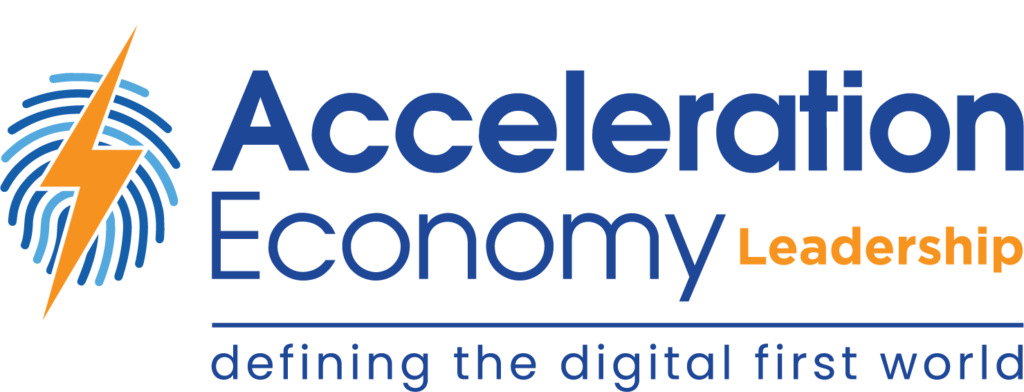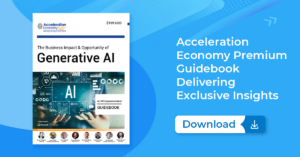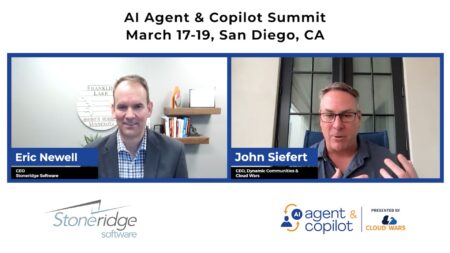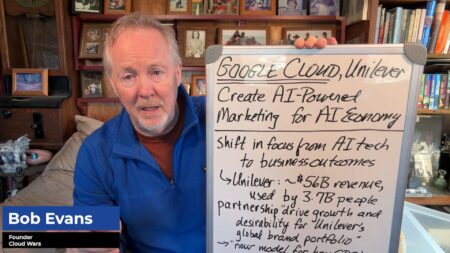You would be hard-pressed to name a technology that has driven so much use and excitement while foundationally altering the technology landscape as fast as ChatGPT has. You likely know the user stats of over 100 million ChatGPT users in the first 60 days.
You’re likely also aware of the remarkable pivot Microsoft made, investing in and adopting ChatGPT as a core part of its AI strategy. Odds are you’ve also heard about and perhaps are already using some of the generative AI features being added to existing technology platforms like Service Now and others. Even accounting for the “Hype Cycle,” there are no two ways about it: Generative AI has already had a massive impact, even though we’re still in these early days.
I’ve had the good fortune to have a ringside seat at every major technology transition of the last 30 years, from the mainstreaming of the personal computer to the commercialization of the Internet, to the introduction of the smartphone and the mobile revolution. What I’ve learned from watching these introductions is that while the technologies themselves are amazing, the real story is in the cultural changes they drive.
We are already seeing early signs of the impact generative AI will have on business and I think it’s safe to say the signs point to the impact on organizations, roles, and cultures being far larger than any previous technology transition we can name. Here are eight key ways you should be planning for generative AI to change organizational structures, roles, and cultures.
- Decentralized Decision Making: There has been a ton of coverage on how generative AI can process vast amounts of information and generate insights in real time, which can speed up and improve decision-making processes. The outcome of this, however, is that decision-making will become more decentralized. Frontline workers will use GenAI tools to make decisions that once required multiple levels of managerial approval.
- Flatter Organizational Structures: Based on the ability for GenAI to push decision-making and approval to the front lines, we may also see far less reliance on middle management positions which may drive the potential for flatter organizational structures, with fewer layers of hierarchy.
- Cross-Functional Teams: The integration of GenAI will lead to more cross-functional teams, where individuals from different departments come together to manage and deploy AI applications.
- New Roles and Positions: GenAI will fuel new corporate positions as well. Here are four you should consider:
- AI Ethics Officer: As GenAI can generate content, products, and more, there’s a need to ensure that its outputs align with company values, societal norms, and governmental regulations. Depending on your industry, a role to assure your company maintains the ethical usage of AI may become mandatory.
- AI Trainer/Prompt Engineer: GenAI is only as valuable as the data sets it’s trained on and in business, domain-specific use is where the value is. To maximize this value, GenAI will need to be fine-tuned to a company’s specific needs. AI trainers and Prompt Engineers will specialize in training models to meet specific organizational objectives and adapt to changing market conditions and technology shifts.
- AI Maintenance and Upkeep Personnel: AI models, especially large ones, require regular updates, monitoring, and maintenance.
- AI Integration Specialist: Again, a core value for business will be the use of domain-specific GenAI tools. For this to work best, businesses need to ensure that their GenAI systems work harmoniously with existing platforms, systems, and processes.
- Changed Positions: GenAI will also change job roles and functions. Here are three such changes to consider:
- Data Analysts and Scientists: Given the power of AI, combined with the computing power available today, data scientists’ role may evolve from basic data analysis to more complex tasks like interpreting outputs from GenAI, fine-tuning models, or integrating AI insights into strategic planning and core functions of the business.
- Designers and Content Creators: With GenAI capable of generating designs or content, these professionals will likely shift to roles that involve more oversight, editing, or curation of AI-generated material.
- IT and Tech Support: As AI becomes more integral, traditional IT roles will need to evolve to deal more with AI-related issues and support.
- Reduced or Eliminated Roles: Over time, GenAI will create more new roles than it eliminates. In the short term, however, there are repetitive and routine tasks that are vulnerable to automation through GenAI. This could affect certain administrative tasks, basic data entry roles, and some lower-level creative jobs where content can be auto-generated.
- Continuous Learning and Training: Given the pace of AI development, continuous learning becomes paramount. Companies will need to institute regular training sessions, as well as roles focused on constant upskilling and reskilling of employees.
- Emphasis on Soft Skills: As more technical tasks become automated, soft skills including emotional intelligence, leadership, creativity, and critical thinking will become even more valuable. Roles that require these skills, such as in sales, leadership, or strategy, will see an increased emphasis.
Change is a funny thing. It’s much easier to identify after it’s taken place, not during the change itself. The mainstreaming of GenAI and the acceleration of the AI revolution hold the potential to drive the biggest changes in business we’ve seen since the Industrial Revolution.
As a business leader, now is the time to understand and harness the remarkable capabilities GenAI can enable while also preparing your organization for the changes it will drive.











